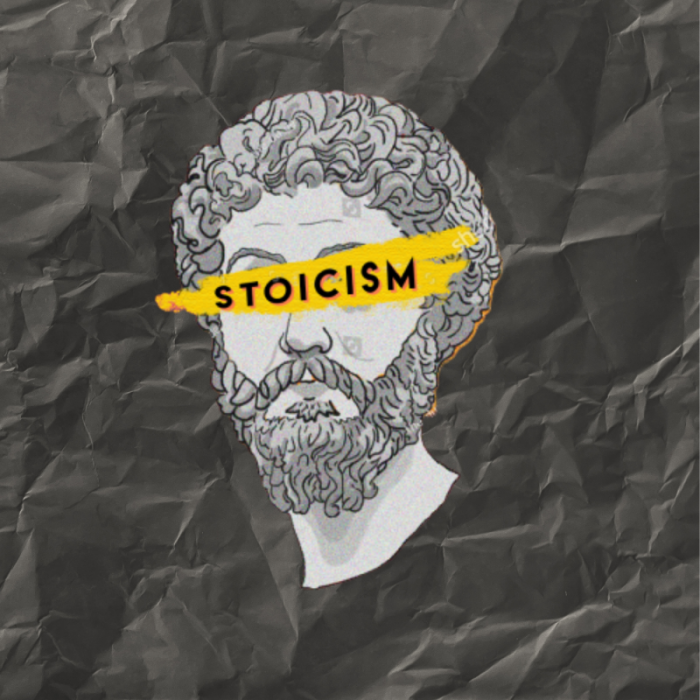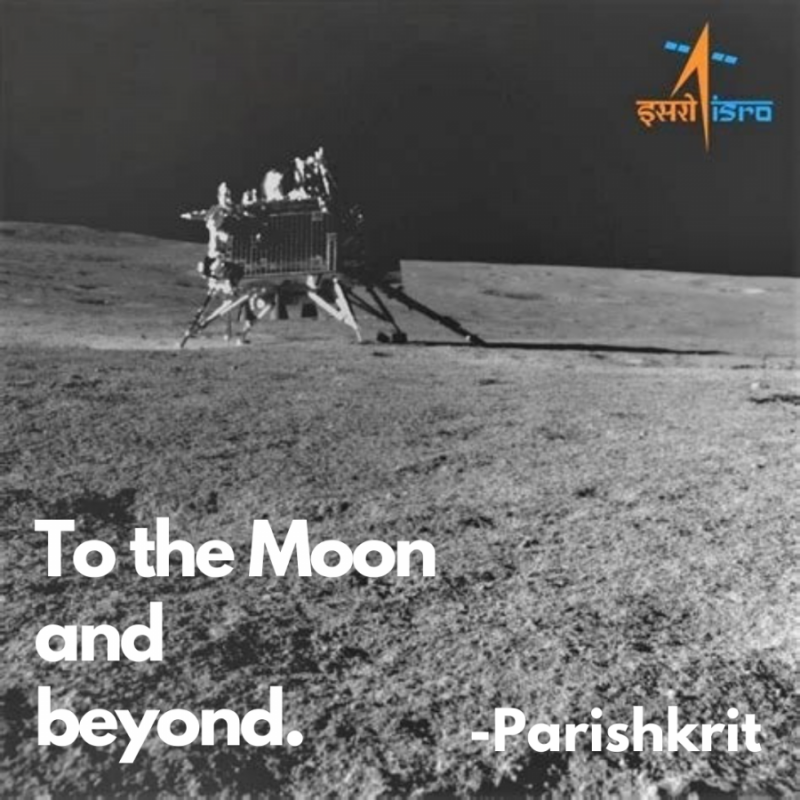Unfair
By Srishti Sinha, BMS’24
“If only I was fair.”
Pretty sure that this thought has gone through the mind of every dark skinned person, at least once. Growing up dark-skinned in an Indian household, you hate your skin colour. Putting up DIY besan, and face masks to do away with the “darkness” of our skin.
Why? Because the masses in India perceive fair-skinned people as more attractive, more intelligent, wealthier, and overall superior to the dark skin tone. And this is what is known as colorism.
Colorism is different from racism. It involves discrimination against dark skin tones, typically among people of the same race or ethnicity. From big beauty shops to local grocery stores, the aisles are filled with creams and face-washes to “brighten your skin tone”, to “lighten your colour”. It is not a surprise that Hindustan Unilever dominated the beauty market with its Fair & Lovely (now Glow & Lovely) cream.
Most of the people living in India are dark-skinned yet Bollywood movies have little to no representation of dusky skin toned people. Even if they are represented, they are usually sidelined as a supporting character to the main fair-skinned hero or heroine. Growing up with songs worshipping gora rang, Bollywood movies with guys drooling over the fair girls, everyone dancing to the tunes of goriyan churana mera jiya, you come to believe the fact that you will never be the main love interest of anyone’s life, or that you will never be considered “pretty” or “beautiful” which apparently is all that a girl is supposed to be. What can be the possible reasons for colorism? Multiple studies have concluded that colorism has historical linkages to class and caste discrimination, as well as the Mughal and European Rule. Let us come to the impact of colorism. Well, for starters, one’s self esteem. From a very young age, it breeds insecurities. You never think that you are beautiful, which affects your overall confidence level, and this seeps into your adulthood, making you feel inadequate, and undeserving of love and respect.
The scenes from fairness cream ads telling you that you will not get a good job, good husband/wife unless you become fair are sadly proven accurate by research and surveys.
A 2015 report by professors at Southern Illinois University and the Rochester Institute of Technology found that in India: “A woman’s dark skin can preclude her from entering positions such as news anchor, sales associate, flight attendant and even receptionist because these jobs require exposure to and interaction with the public, who will judge her as unattractive, unworthy and incompetent. Fair-skinned women, conversely, are seen in most of these roles; their skin tone grants them unearned privilege and power within organisations as a result.”
Some other real-life instances: women are often rejected in arranged marriages due to their skin colour. If you think this criteria only stands true for households where people are less educated, you should watch Indian Matchmaking on Netflix.
Dark skinned children are often bullied by their peers and called “kaala” and “kaali” in a derogatory manner, and made fun of, discriminated against, solely based on their skin colour. They are often made demons, slaves or peasants in dramas and plays, while the fair ones become gods, kings, queens and princesses. You open up Instagram and most of the influencers are fair-skinned.
So, let us come to how we can remedy this? First, to the ones who grew up with this; Be your own cheerleader. Consciously work on removing this mindset from your own mind. Observe your thoughts, and challenge them until you completely remove this deeply ingrained thought that fair equals beautiful. Notice the way you talk about beauty, and eradicate “skin colour” as a factor. Be comfortable in your own skin. Focus on mental and emotional health, and do not let what everyone else thinks affect how you feel about yourself. Embrace and love yourself; this will give you confidence. It is all about confidence and the way you carry yourself. Once you have changed your mindset (which does come with its own challenges), you can move on to the people around you. Whenever you notice someone giving colourist remarks, talk to them which might not change a thing, but it is still better than being quiet. Let people know that it is not okay. Challenge these regressive thoughts, and eradicate them. Refrain from giving unsolicited remarks and comments on someone’s skin colour. Be sensitive, and let people know that it is not okay to think or talk in a colorist manner, irrespective of your skin tone. In conclusion, we, as a society, really need to start having a conversation about this. We do not realise how this mindset is affecting young kids.
I hope this article reaches the dusky peeps out there who feel lonely in this fight. Well, you are not alone and it is time to remove this ridiculous obsession with fair skin, so that we create a positive and healthy space for everyone, especially in a land of all skin colours.




Comments